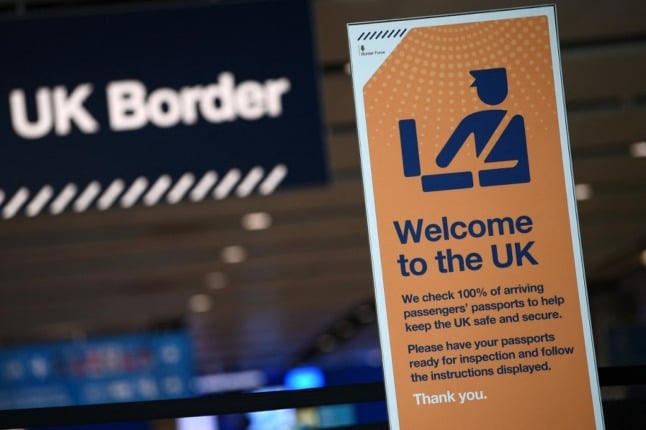Coldiretti, the association of Italian food producers, warned on the eve of the referendum that: “Brexit, by triggering a devaluation of sterling, could seriously upset trade relations.”
The organization said Italy's sparkling wine producers were among the most exposed to the risk with sales of prosecco and other forms of 'spumante' having surged 38 percent in the first quarter of 2016.
Britain has now overtaken the United States as the world's biggest market for Italian sparklers, according to Coldiretti.
The British love affair with prosecco was underlined last year when figures revealed that sales by value had outstripped those of champagne for the first time.
Barring a Brexit hangover, sales of the fashionable fizz in Britain are set to top €600 million this year.
Italy's drinks sector in general is among the most exposed to Britain, along with furniture manufacturers, according to a report by economic research group Nomisma.
Italy's poorest regions are also vulnerable to any disruption to trade. Some 16 percent of all exports from the southern region of Basilicata go to Britain, largely due to sales of Jeep automobiles manufactured there.
The Nomisma report also highlighted the risk of British tourists, currently the biggest spending among European visitors to Italy, seeing their spending power diminished by the devaluation and recession predicted by many economists in the event of Brexit happening.
“A UK exit from the EU would not be an apocalyptic event but in the short term the shocks to the (Italian) economy would not be insignificant,” the report concludes.
ITALY
Prosecco panic in Italy as Brexit vote nears
There will be no corks popping in Italy if Britain votes to leave the EU on Thursday: winemakers fear Brexit could burst prosecco's bubble in its number one export market.
Published: 22 June 2016 12:46 CEST

Sales of prosecco could suffer badly if Britain leaves the EU. Photo: Vincenzo Pito/AFP
Url copied to clipboard!


 Please whitelist us to continue reading.
Please whitelist us to continue reading.
Member comments